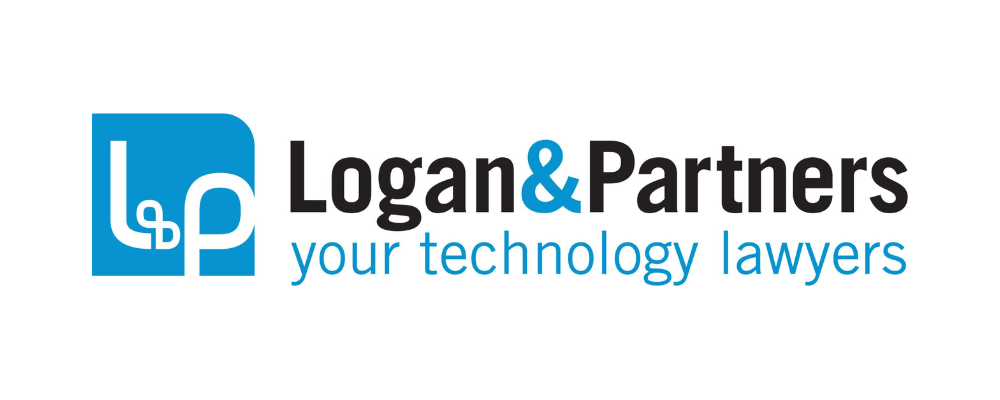You’re scrolling through your favorite dating app, hoping to find a connection, when suddenly you discover that the prices you see aren’t the same as what others are seeing. Imagine realizing that the premium services you desire come with a price tag tailored specifically for you, without your knowledge. It’s akin to navigating a maze blindfolded, unsure of whether you’re getting a fair deal or not.
In 2022, the EU network of national consumer authorities uncovered that a dating app was applying personalized pricing strategies without informing its users. The dating app was using automated means to identify consumers uninterested in their premium services at a standard price, then offering them personalized discounts. These premium services offer special features, such as unlimited ‘swipes’, ‘super likes’, and ‘boosts’, designed to get your profile more attention.
What is personalized pricing? What is the legal landscape?
Personalized pricing is a form of price discrimination where prices are set differently for each consumer, often based on their perceived willingness and ability to pay. In today’s digital landscape, the proliferation of data collection and use of algorithmic have greatly expanded the capacity for companies to practice personalized pricing.
Under the EU’s Omnibus Directive, personalized offers are permissible, for example, based on personal data of consumers, such as their personal characteristics, search histories, or previous purchases. However, transparency is key, as businesses must clearly communicate any price personalization based on consumer data before purchase, ensuring users understand how their personal information influences pricing.
What next?
After extensive discussions spanning nearly two years with the Consumer Protection Cooperation Network (CPC), spearheaded by the Swedish Consumer Agency and the Netherlands Authority for Consumers and Markets, Tinder has committed to a course correction. By mid-April 2024, they agree to:
- not apply personalized pricing based on age without informing consumers clearly and upfront about it;
- inform consumers clearly that discounts on prices for premium services are personalized using automated means; and
- inform consumers why they are offered personalized discounts, for example because they were not willing to purchase Tinder’s premium services at a standard rate.
Other businesses operating in the digital market must prioritize transparency and compliance with these disclosure obligations. Clear communication of pricing structures and factors influencing personalized pricing is essential to build trust with consumers and avoid regulatory penalties.
How can Logan & Partners help?
We are well-equipped to support businesses in understanding their obligations under EU consumer protection laws related to personalized pricing and to implement preparatory and compliance measures. Contact us today for a complimentary consultation.
“Founded in 2010, Logan & Partners is a law firm focusing on Technology Law that delivers legal services like your in-house counsel.
Our team consists of experienced Technology Lawyers, who have all previously worked for highly reputable law firms and possess strong in-house experience, gained by working with local and international companies in Switzerland, the UK and the USA.”
Please visit the firm link to site


